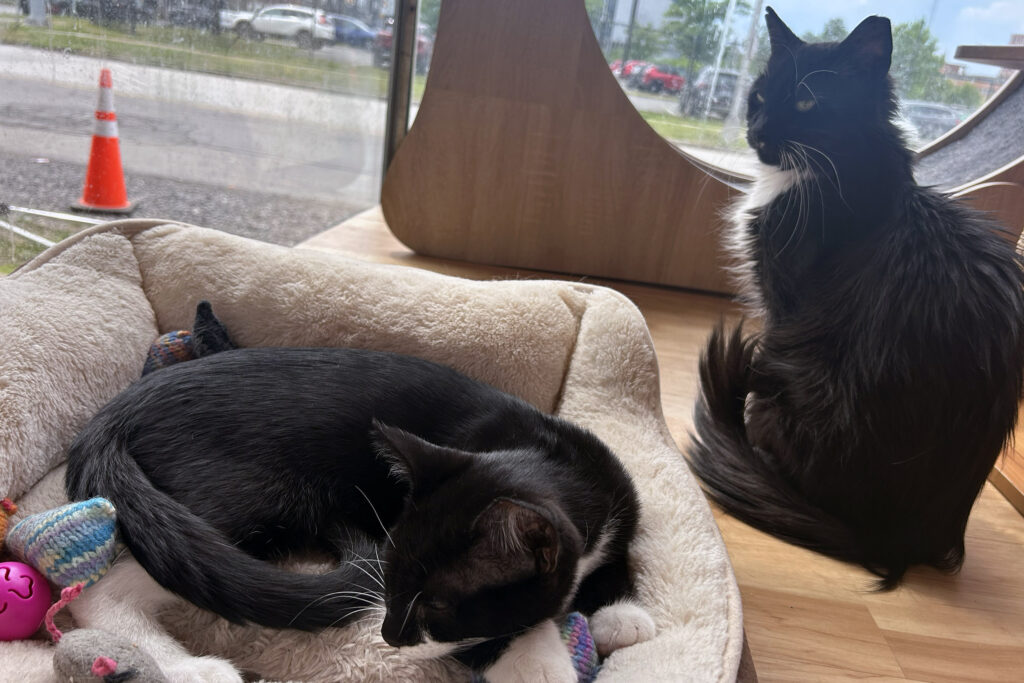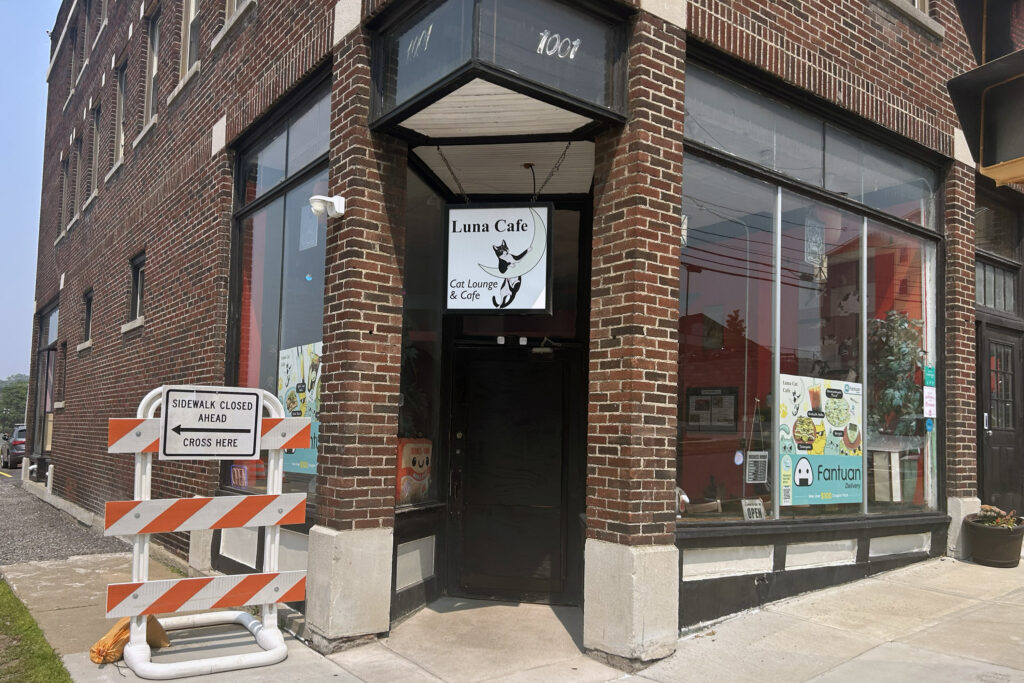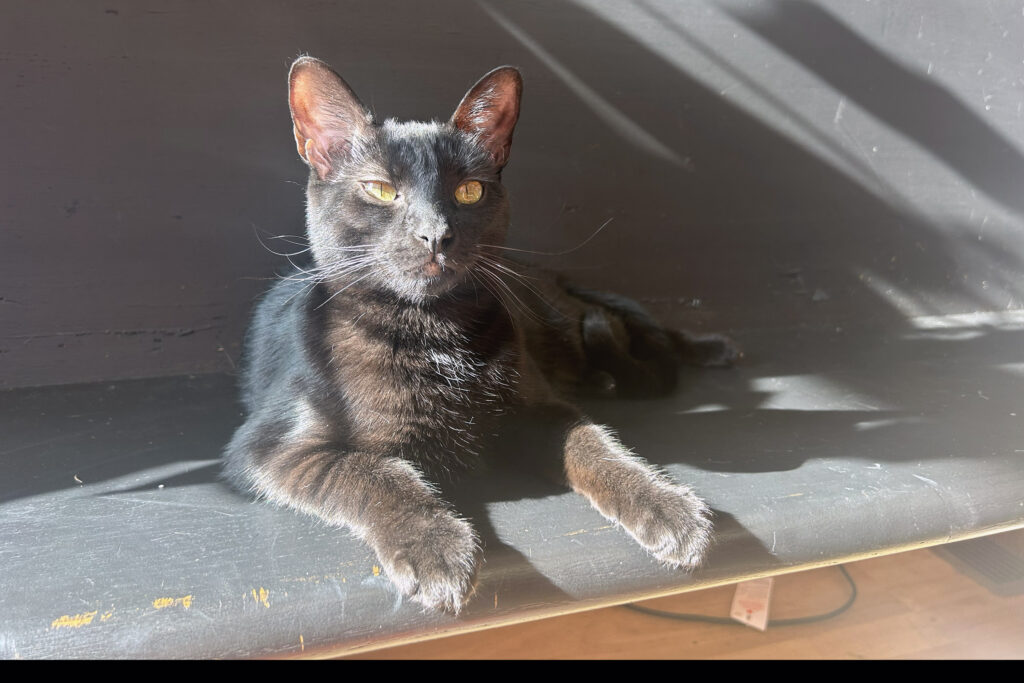“Kitten season” unleashed with warmer weather
“Kitten season” unleashed with warmer weather
As the numbers of young cats peak in the summer, CNY animal advocates push for government intervention and encourage residents to adopt.

While exploring various websites in search of adoptable cats, Yehyang Lee stumbled upon Luna Cafe, a Japanese-style cafe dedicated to traditional cuisines and cat adoption.
After visiting the small storefront eatery on East Fayette Street, Lee decided to adopt a cat that she had fallen in love with.
Lee said she found the process at the cafe to be an efficient and better option than contacting a breeder or going to a pet store.
“This cafe is really doing well rescuing cats and finding new homes,” Lee said. “Everything is ready with cats receiving vaccinations and being spayed.”
Lee’s endorsement is what Luna Cafe owner Josh Davis can appreciate since opening the business a few blocks from the Syracuse University campus in 2021. Davis was inspired by visiting cat cafes in Japan years before when he was studying to be a chef.
Davis said summer’s warmer temperatures lead to an influx of stray cats and kittens, increasing the numbers available for adoptions at area shelters and outlets such as his cafe.
“One female cat on the street can start having babies at four or five months old and have so many litters that, before you know it, that one cat can bring in 20 or 30 kittens,” Davis said. “It gets really difficult to keep up with.”

Community kitten intakes peak in May and remain high until June, according to a 2024 study conducted by Shelter Animals Count. By July, juvenile cats become the predominant intake group. The study also said that the Middle Atlantic region, which includes central New York, had an intake count of up to 10,000 kittens in May.
The Central New York Cat Coalition is a not-for-profit organization dedicated to cat rescue, foster, and adoption services.
Coalition president Rebekah McGraw said the organization faces an influx of stray and abandoned cats during the warmer summer months, with many having to be turned away from foster homes because of limited resources.
“Our fosters are not able to take in every single cat that needs help,” McGraw said. “A lot of cats are not being saved because we don’t have the people or space.”
With organizations and shelters struggling to support stray cats, McGraw said they’ve had to turn to their local government.
“We are desperately asking our local politicians to allow funding for low-cost spay and neuter,” McGraw said. “If our local government were able to allot money and establish a low-cost spay and neuter, then it would reduce the population of stray animals greatly.”
With the already growing kitten population, Davis and McGraw faced a similar problem – cat breeders. They both said that short-haired cats and cats with less exciting colors, such as black and orange, were being left behind in shelters. Long-haired cats and cats with special coats, such as Maine Coons and Persians, were the most desired.

Davis recalled a time when his cafe received a Persian cat and was bombarded with applications from people who had never even met the cat. For Davis, the most disturbing part was that many applications disappeared once applicants found out the cats in the cafe were spayed and neutered.
To combat overpopulation, Davis said he supports the term “adopt, don’t shop” to encourage people to adopt from shelters rather than purchasing from breeders. Adopting cats from shelters frees up more space and also puts breeders and pet stores out of business, he said.
“You don’t want to support people who have rare-breed cats stuffed in cages,” Davis said. “They basically have cat breeding farms where all they want is to sell their babies and make tons of money.”
